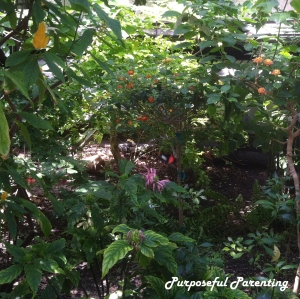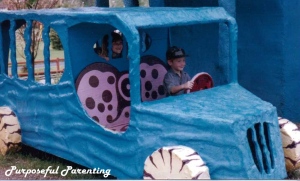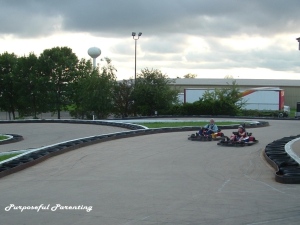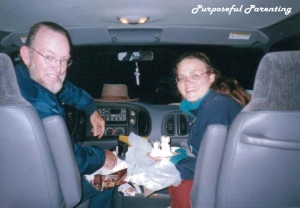Should my child attend a family funeral? Recently a friend asked me that question. It caused me to think and I discovered a new thought on the subject. To my own surprise I advised, “Maybe not.”
Our children were 7, 4, 2 and 2 months old when my mother-in-law suddenly passed away. It was a very difficult time for me. I didn’t know I could cry that much. We traveled 600 miles for the funeral. I cried all the way. Once there we worked with the family to make plans and arrangements. The only visitation was for the immediate family and we took all our children to it. Even though the casket was closed we took our children to see it and the inside the funeral home. We also used this opportunity to prepare them for what would be happening the next day.
On the day of the funeral my sister-in-law’s friend, whom I had never met and I did not know, offered to watch our
two youngest children and their two year old cousin. On our way back from the cemetery and on our way to the church for a meal we picked up the children. I am very thankful for that kind woman. I am grateful for her assistance. Caring for them myself during the funeral service would have been very difficult.
I previously wrote in my blog called Weeping that attending funerals is a part of life and it was fine for children to do so. But I had not considered the emotional needs of the parents. I needed to not have to be responsible for my youngest children at my mother-in-law’s funeral. I didn’t have any particular responsibilities at that funeral; I was just struggling with her unexpected passing and my own great loss.
Yes, I actually had a wonderful mother-in-law. She was my biggest cheerleader. She never criticized me. She taught me many domestic skills like jelly making and embroidery. When she would visit us she would play with the children, teach me new skills and help me complete many unfinished projects. She wrote me frequent letters. (This was long before email or cell phones.) She told me that when a daughter marries the mother gains a son, but when a son marries the mom must become friends with the new daughter or she loses her son.
When my mother-in-law passed away I truly lost a mom and a friend. My heart was so broken. My grieving was heavy and it was almost exactly a year before I could think about her without breaking down. Be
cause her casket needed to be closed I never saw her at rest and so closure eluded me for a long time. Seeing a loved one lying in peace really helps bring closure for me.
Here is my bottom line. Yes, take children to family funerals. It is not too difficult for them. But it might be too difficult for you. Only you can decide your needs as well as theirs. The friend who brought up this question to me took her 6 year old and 11 month old to the funeral visitation of her grandmother, but on the day of the funeral they stayed with her in-laws. Family members all saw her children at the visitation and the children saw the reality of grieving family. The funeral service was a little easier for her thanks to her kind in-laws.




